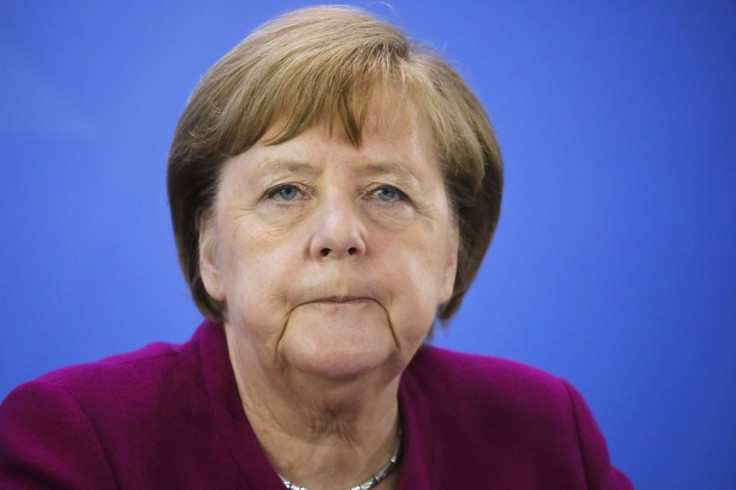German Industrial Output Plunged Almost 18% In April, Biggest Drop Ever Recorded

KEY POINTS
- On a year-over-year basis, industrial output crashed by 25.3% in April
- The auto industry suffered a catastrophic 74.6% month-over-month drop in April
- The government said GDP will shrink by 6.3% for calendar 2020
Germany’s industrial production plunged by 17.9% in April from the previous month – the biggest drop ever recorded and far worse than analysts expected – following an 8.9% decline in March.
On a year-over-year basis, industrial output crashed by 25.3% in April, reported Destatis, Germany’s Federal Statistical Office on Monday.
The auto industry suffered a catastrophic 74.6% month-over-month drop in April – the peak of the covid-19 shutdown – due to disruptions in the supply chain.
“Another sharp drop in industrial production shows that April 2020 will be the worst month ever for the German economy,” said Carsten Brzeski, chief economist of euro zone and global head of macro at ING. “Two months of Covid-19 have already left a more adverse impact than the entire financial crisis. Today’s data also illustrates how an open economy like Germany has been hit severely by the lockdown measures both at home and abroad.”
In response to the data, Germany's economy ministry stated optimistically: “The low point has been reached. With the gradual easing of protective measures and the resumption of production in the automotive industry, the economic recovery is beginning now.”
The industrial output data was the latest in a string of grim economic data for Europe’s largest economy. On Friday, the statistics office reported that orders for industrial goods plummeted 25.8% month-on-month in April -- the worst performance since recordkeeping began in 1991. In mid-May, the government said German gross domestic product slipped 2.2% in the first quarter of the year, pushing the economy into recession.
However, Germany has not endured the kind of fatalities from covid-19 that its European neighbors like France, Italy and Spain have. Germany has recorded nearly 185,750 cases of the coronavirus (similar to France which has confirmed 191,000 cases). But Germany’s death toll is far less -- 8,685 deaths, versus 29,158 deaths in France.
Germany has also been gradually reopening its economy – auto production restarted at the end of April, schools were reopened in early May. Next week, Germany is slated to ease travel restrictions to other European nations.
Brzeski expects that the relaxation of lockdown measures will lead to “a strong rebound in economic activity.” However, he cautioned that “the period after the imminent rebound does not look too promising. Contrary to the financial crisis [of 2008] and the important role of Asian countries in the swift recovery of German industry back then, there is currently no savior in sight to quickly boost external demand. This means that German industry… will have a hard time quickly returning as the economy’s poster child.”
The Ifo Institute for Economic Research also anticipates continued struggles for German manufacturing.
“German industry expects the decline in production to continue over the coming three months, albeit at a slower rate,” said Klaus Wohlrabe, economist and head of surveys at the Ifo Institute.
The Ifo index of production expectations climbed to minus-20.4 points in May, up from minus-51 points in April. While that sounds like a vast improvement, Wohlrabe warned: “All it means is that the nosedive is now flattening out.”
VP Bank Group economist Thomas Gitzel said he projects German gross domestic product may contract by more than 10% in the second quarter, “a reading never measured before in peacetime.”
The government said GDP will shrink by 6.3% for calendar 2020.
Last week, Chancellor Angela Merkel’s coalition government unveiled a €130 billion ($147 billion) stimulus package -- including subsidies for purchasing electric vehicles and temporary tax breaks – to help uplift the battered economy.
© Copyright IBTimes 2025. All rights reserved.




















